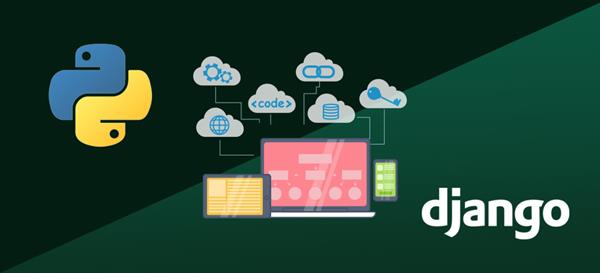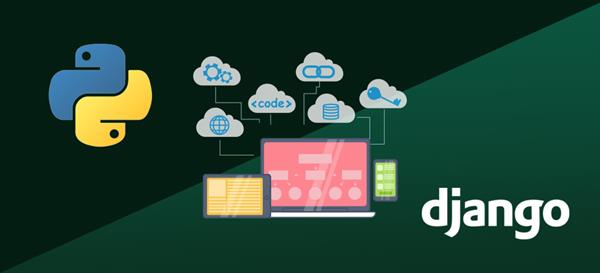What is Django Web Framework ?
Django (web framework)
Django is a python-based free and open-source web framework that follows the model-template-view (MVC) architectural pattern. It is maintained by the Django Software Foundation (DSF), an American independent organization.

The official project site describes Django as “a high-level Python Web framework that encourages rapid development and clean, pragmatic design. Built by experienced developers, it takes care of much of the hassle of Web development, so you can focus on writing your app without needing to reinvent the wheel. It’s free and open source.”
Django's primary goal is to ease the creation of complex, database-driven websites. The framework emphasizes reusability and "pluggability" of components, less code, low coupling, rapid development, and the principle of don't repeat yourself. Python is used throughout, even for settings files and data models. Django also provides an optional administrative create, read, update, and delete interface that is generated dynamically through introspection and configured via admin models.
Some well-known sites that use Django include PBS, Instagram, Mozilla, The Washington Times, Disqus, Bitbucket, and Nextdoor.
Django offers a big collection of modules that you can use in your own projects. Primarily, frameworks exist to save developers a lot of wasted time and headaches and Django is no different.
Django was created in the fall of 2003, when the web programmers at the Lawrence Journal-World newspaper, Adrian Holovaty and Simon Willison, began using Python to build applications. Jacob Kaplan-Moss was hired early in Django's development shortly before Simon Willison's internship ended. It was released publicly under a BSD license in July 2005. The framework was named after guitarist Django Reinhardt. You might also be interested in learning that Django was created with front-end developers in mind. “Django’s template language is designed to feel comfortable and easy-to-learn to those used to working with HTML, like designers and front-end developers. But it is also flexible and highly extensible, allowing developers to augment the template language as needed.”
If you’re going to be working with Python, especially for web applications or web design, you’ll want to remember the Django framework. It will certainly come in handy.





